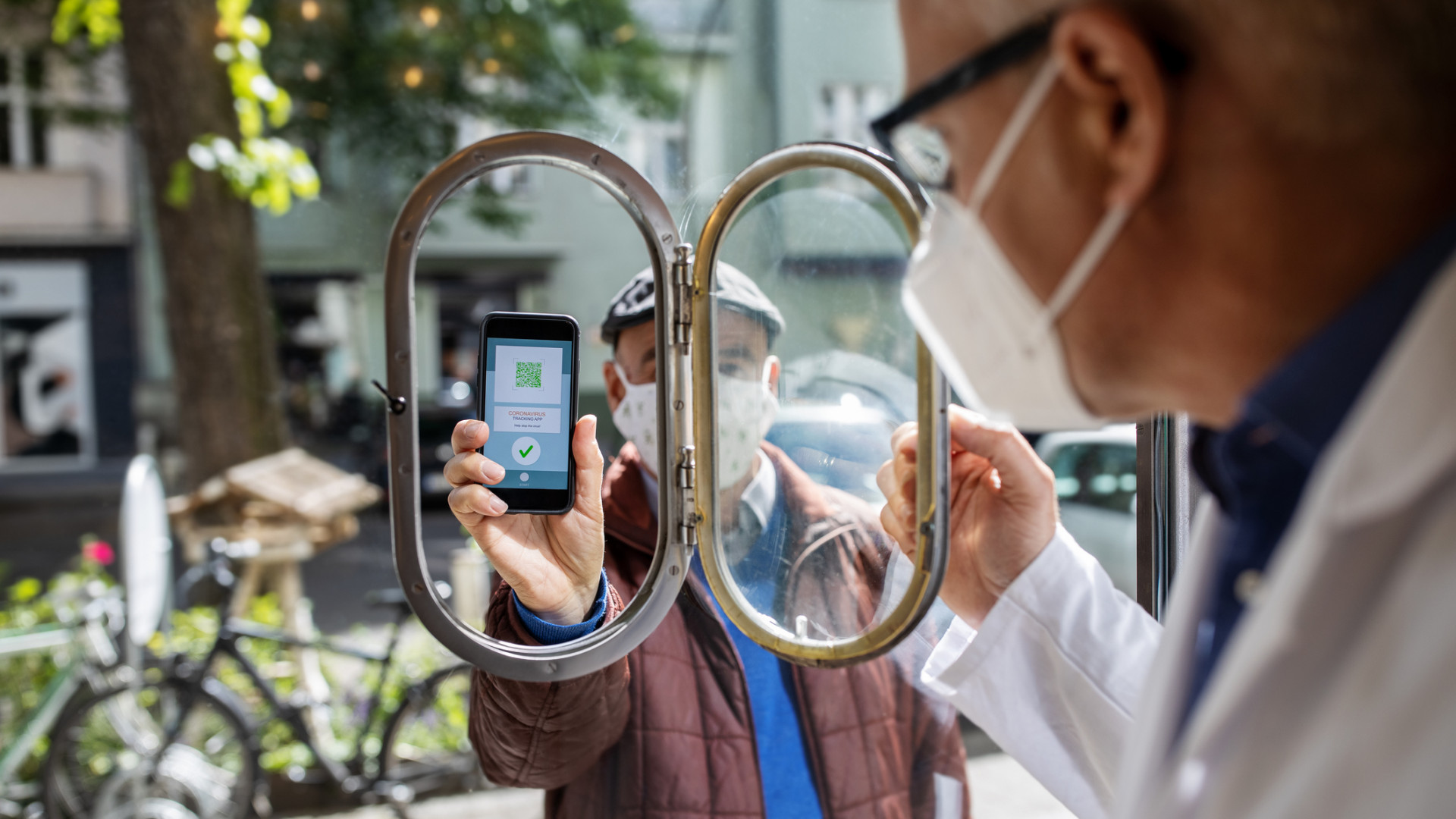The presentation of Monday’s meeting of federal and provincial heads of government was based on an expert opinion from the Robert Koch National Institute of Public Health (RKI) in early April. Accordingly, the one who is vaccinated is the last dose – In the case of two-stage vaccination, the second vaccination with a single dose is less likely to spread the virus from the fifteenth day after a single dose of it to an infected person without symptoms.
The Berlin leadership suggested that, based on this result, this should be presented Vaccines should be treated the same way as those who have had a negative SARS-CoV-2 test starting day 15 after the last dose.
At the same time, vaccination does not imply additional privileges or rights.
In other words, vaccinators can only visit shops, use services, and visit cultural, sports, or other institutions that are allowed to operate according to rules adapted to the current pandemic.
The federal government suggests that, too Exempting vaccinated persons from the duty of quarantine due to travel abroad, Except for roads in areas severely affected by the new highly dangerous SARS-CoV-2 type.
Small concessions are proposed for potential exemptions from the rules to reduce the number of contacts at risk of infection; According to the project, restrictions should only be lifted on vaccines living in nursing homes and residential care homes, in order to ease the isolation of people living in such institutions.
What is the vaccination status?
In Germany, Pfizer / BioNTech, AstraZeneca and Moderna vaccines are currently being used to achieve community-based immunity against Covid-19. According to the latest data from the federal government, by Friday, 7 percent of the population – 5,855,864 people – had received the two doses of either. 22.8 percent of the population, 189,65,663 people, received at least one dose.
The third wave of SARS-CoV-2 is gaining momentum in Germany at the moment, albeit not at the rate likely by experts, but at a more moderate pace. At the start of the tide, typical calculations conducted in March indicated that in the days following Easter, the number of new infections recorded per 100,000 people in the preceding seven days could reach 300. However, this indicator has not yet reached the level of About 200 were measured at the time of the peak of the second national wave of infection, at the start of the year. In later days, it was around 160-165.
In Germany, the most stringent epidemiological rules were introduced to date over the weekend, with curfews between the hours of 10 am and 5 pm. This rule is part of the so-called emergency braking system, and it should be applied in administrative units where the injury rate for a period of seven days is permanently above 100 days for three consecutive days. Of the 412 administrative units – neighborhoods, cities, urban areas – more than 350 fall into this category, but only sporadically and with a maximum of a few hundred participants protesting the curfew.












































